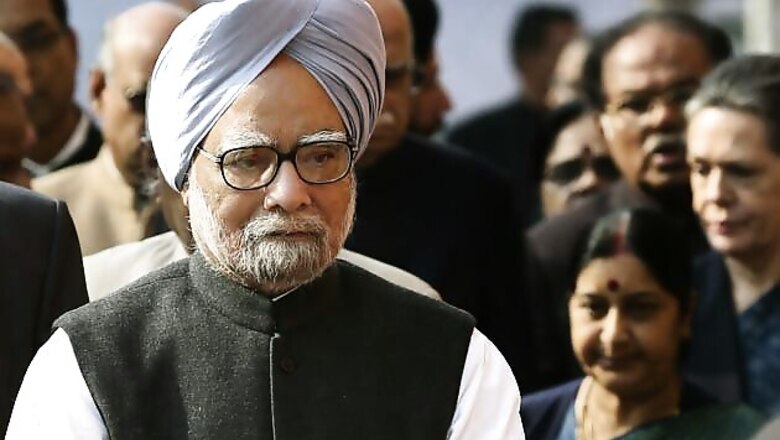
views
New Delhi: With major parties on board, government is set to move a bill in Monsoon session of Parliament for amending RTI Act to overturn a Central Information Commission (CIC) order bringing six major political parties under the ambit of the transparency law.
Government sources said that the Law Ministry had earlier cleared the ordinance route to amend the Right to Information Act but since the dates of the Monsoon session have already been announced and some parties have expressed uneasiness over supporting the ordinance route, it has been decided to bring a bill before Parliament instead.
Sources claimed that back channel talks with all major parties have been concluded. BJP and Samajawadi Party have maintained that it will be difficult for them to support the Ordinance route to amend the RTI Act because they are opposing the Ordinance on food security.
At the same time, they said they would support amendments, if they are brought in form of a bill in the upcoming session beginning August 5, highly-placed sources in Government said. The amendments state that declaring political parties as public authorities under the Right to Information Act would "hamper their smooth internal functioning since it will encourage political rivals to file RTI applications with malicious intentions".
They maintain that the Representation of the People Act and the Income Tax Act provide sufficient transparency regarding financial aspects of political parties, it is learnt. Under Section 2 of the RTI Act, the definition of public authority in the proposed amendment will make it clear that "it shall not include any political party registered under the Representation of the Peoples Act", the sources said.
As proposed earlier, political parties may not be added in the list of organisations (Section 8) exempted from parting information under the information act. The Commission had in its June 3 order said six national parties - Congress, BJP, NCP, CPI-M, CPI and BSP - have been substantially funded indirectly by the central government and they have the character of public authority under the RTI Act as they perform public functions.




















Comments
0 comment